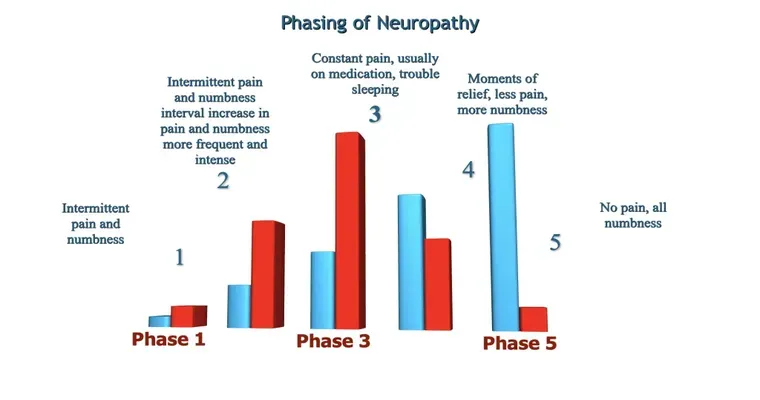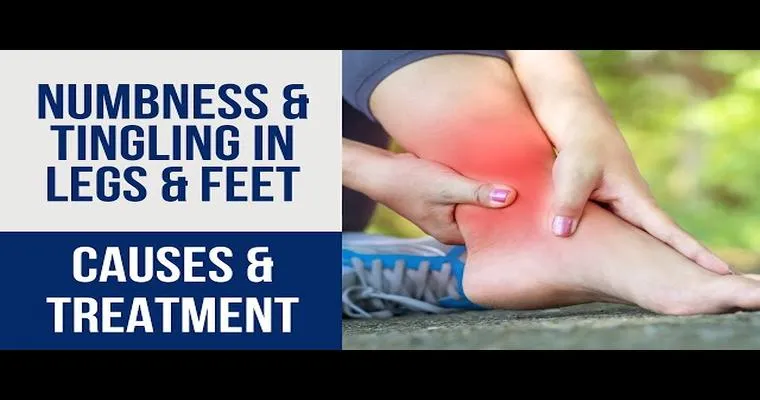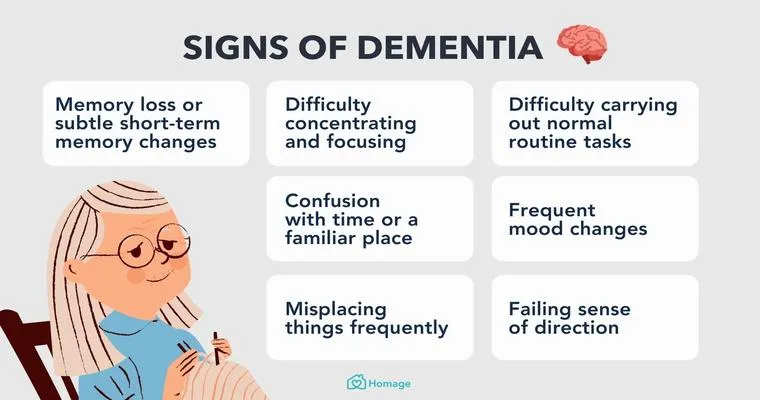Living with "neuropathy" can significantly impact your ability to maintain an "independent lifestyle". This condition, often characterized by "nerve damage", can lead to symptoms such as pain, numbness, and weakness, making daily activities challenging. If you find yourself struggling to manage your everyday tasks due to neuropathy, it’s important to explore various "options" that can help improve your quality of life and enhance your independence.
Understanding Neuropathy
Neuropathy is a term that refers to various conditions involving nerve damage. It can be caused by factors such as diabetes, injury, infections, or exposure to toxins. The symptoms can vary widely, but common experiences include tingling sensations, loss of balance, and difficulty with coordination. Understanding your specific type of neuropathy is crucial in finding effective solutions.
Seeking Medical Advice
The first step in managing neuropathy is to consult with a healthcare professional. They can provide a thorough assessment and recommend appropriate treatments. Depending on the severity and cause of your neuropathy, options may include:
1. "Medications": Your doctor may prescribe pain relievers, antidepressants, or anti-seizure medications to help alleviate symptoms.
2. "Physical Therapy": A physical therapist can work with you to develop a personalized exercise program that improves strength, flexibility, and balance.
3. "Occupational Therapy": An occupational therapist can help you learn new methods to perform daily tasks more easily, allowing you to maintain independence.
Lifestyle Modifications
Making certain "lifestyle changes" can also have a positive impact on your condition. Here are some strategies to consider:
1. "Healthy Diet": Eating a balanced diet rich in vitamins and nutrients can help support nerve health. Focus on foods high in antioxidants, omega-3 fatty acids, and low in sugar.
2. "Regular Exercise": Engaging in regular physical activity can improve circulation and reduce symptoms. Low-impact exercises, such as swimming or walking, can be particularly beneficial.
3. "Stress Management": Stress can exacerbate neuropathy symptoms. Techniques such as yoga, meditation, and deep-breathing exercises can help you manage stress more effectively.
Assistive Devices
If your symptoms are significantly affecting your mobility, consider using "assistive devices". These tools can help you perform daily tasks with greater ease and confidence. Options include:
1. "Canes or Walkers": These provide additional support and stability while walking.
2. "Grab Bars": Installing grab bars in your bathroom and other areas can make it safer to move around your home.
3. "Adaptive Kitchen Tools": Specialized utensils and gadgets can help you prepare meals without straining your hands.
Support Networks
Connecting with others who understand your challenges can be invaluable. Joining a support group can provide a sense of community, allowing you to share experiences and coping strategies. Additionally, consider involving family and friends in your journey toward independence. They can offer assistance and encouragement, making it easier to navigate daily tasks.
Conclusion
While "neuropathy" can pose challenges to living independently, there are numerous "options" available to help you regain control over your life. From medical treatments to lifestyle changes and assistive devices, you can find strategies that work for you. Remember, reaching out for help and exploring various resources is a vital part of managing your condition and maintaining your independence. Don't hesitate to take the first step toward a more fulfilling life despite the hurdles presented by neuropathy.





